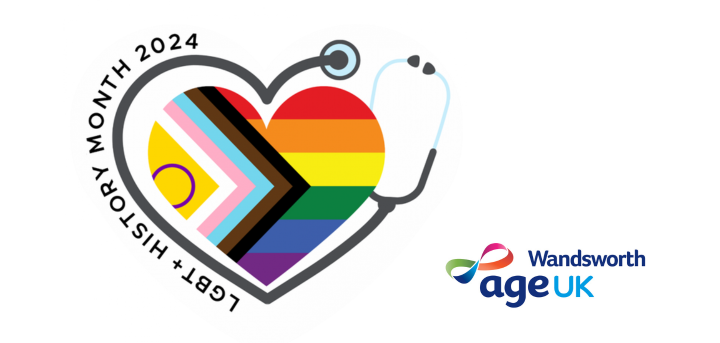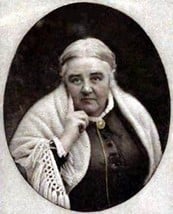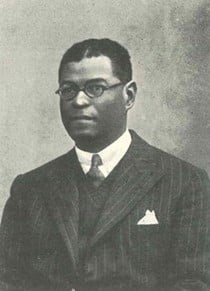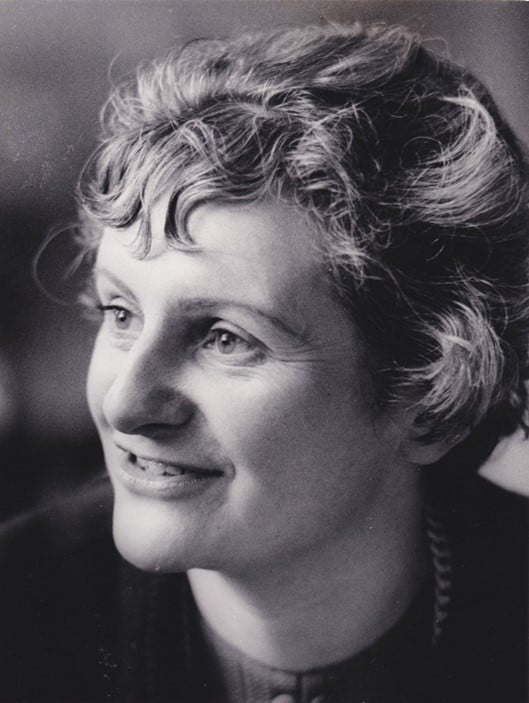LGBT+ History Month 2024

Published on 01 March 2024 01:59 PM
Age UK Wandsworth is proud to support LGBT+ History Month, an event which takes place every February to celebrate past and present achievements of members of the LGBT+ community*.
This years theme showcases LGBT+ people's contribution to the fields of Medicine and Healthcare. Too numerous to mention here, we have chosen to highlight just three of these incredible people for their efforts to advance medical science and the healthcare we all enjoy today...
—————————————————————————————————————————————
 Dr Sophia Louisa Jex-Blake (1840 - 1912) was an English physician, teacher and feminist, who led the campaign to secure university education for women in 1869. Following the campaign's success she studied medicine at the University of Edinburgh and went on to become Scotland’s first practising female doctor and one of the first in the UK. A passionate advocate for medical education for women, she later founded two medical schools for women in London and Edinburgh, at a time when no other medical schools were offering training for women.
Dr Sophia Louisa Jex-Blake (1840 - 1912) was an English physician, teacher and feminist, who led the campaign to secure university education for women in 1869. Following the campaign's success she studied medicine at the University of Edinburgh and went on to become Scotland’s first practising female doctor and one of the first in the UK. A passionate advocate for medical education for women, she later founded two medical schools for women in London and Edinburgh, at a time when no other medical schools were offering training for women.
—————————————————————————————————————————————
 Cecil Belfield Clarke (1894 - 1970) was a Barbadian-born physician who qualified in the UK and practised in London. He is best known for his heroic actions while treating his patients during WW2. Having won a scholarship to study medicine at Cambridge University, Clarke arrived in the UK in 1914, just after the outbreak of the First World War. Awarded a BA in 1917, he would go on to become a devoted and prominent member of the College Society, becoming President for a time and then Vice President until his death in 1970. Aside from his many scholarly achievements, Clarke endowed a prize for Natural Sciences, and The Belfield Clarke Prize is still awarded today. In 1924 Clarke set up practice in Southwark, South London; an area so heavily bombed during WW2 that his surgery was the only building left standing in its street. Despite continual bombardment, Clarke remained stoic and continued treating his patients, even when two of the surgery walls were destroyed. His practice remained open until his retirement in 1965, after which time it was demolished.
Cecil Belfield Clarke (1894 - 1970) was a Barbadian-born physician who qualified in the UK and practised in London. He is best known for his heroic actions while treating his patients during WW2. Having won a scholarship to study medicine at Cambridge University, Clarke arrived in the UK in 1914, just after the outbreak of the First World War. Awarded a BA in 1917, he would go on to become a devoted and prominent member of the College Society, becoming President for a time and then Vice President until his death in 1970. Aside from his many scholarly achievements, Clarke endowed a prize for Natural Sciences, and The Belfield Clarke Prize is still awarded today. In 1924 Clarke set up practice in Southwark, South London; an area so heavily bombed during WW2 that his surgery was the only building left standing in its street. Despite continual bombardment, Clarke remained stoic and continued treating his patients, even when two of the surgery walls were destroyed. His practice remained open until his retirement in 1965, after which time it was demolished.
—————————————————————————————————————————————

Professor Margaret "Meg" Stacey (1922 – 2004) was a British sociologist and one of the creators of Medical Sociology as an academic field. This broad field helps us understand the link between health and social factors and how healthcare organisations such as hospitals function today. As an example, thanks to medical sociology we now understand the importance of hospital patients having contact with their loved ones to support their recovery. Stacey held a number of leadership roles, including becoming a Professor of Sociology at Warwick University in 1974, making her the first female professor at the University. At a time when the field was largely male dominated, she actively worked to increase the number of women in medical academia, and mentored and supported her younger female colleagues. She was also involved in a number of medical boards and committees including the General Medical Council.
—————————————————————————————————————————————
*The founders of LGBT+ history month decided to omit the letter ‘Q’ (‘Queer') from its title, as some members of the LGBT+ community find this word offensive.
Age UK Wandsworth's LGBTQ+ Coffee Mornings and more
We believe that the best way in which our organisation can mark LGBTQ+ History Month is to provide opportunities to offer support for older people who have lived through decades where homophobic discrimination was rife to connect with others, share their stories and access further support if necessary. Click on the button for details of our regular LGBTQ+ Coffee Mornings and more.
